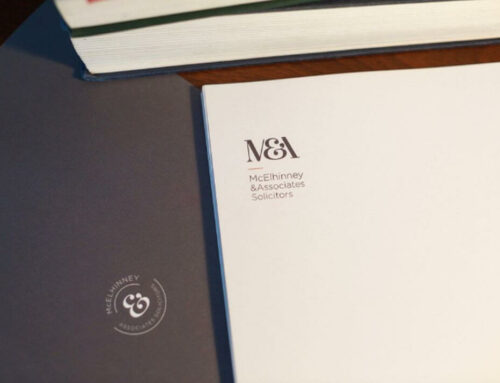As many of us will end up knocking on the doors of a nursing home to be cared for in our final years, it is important to be familiar with the laws surrounding the application process for Nursing Home care, payment of that care and thereafter on the death, the impact having been in a Nursing Home has on the administration of the estate.
A recent amendment in the law in the area came into effect on 1st February 2024 by way of the Nursing Home Support Scheme Act 2009 (modification of assessment of eligible rental income) Order 2023 comprising nine parts, however of particular interest is section 4 which provides an interesting definition of “couples”.
For the purposes of the Act, a “couple” means “two persons married to each other, a man and woman who are not married to each other but are cohabiting as husband and wife, or two persons of the same sex who are cohabiting in domestic circumstances comparable to that of a man and woman who are not married to each other but are cohabiting as husband and wife… for a period of not less than three years immediately preceding the date of making an application for State support”.
Interestingly, this definition differs from that under the Civil Partnership and Certain Rights and Obligations of Cohabitants Act 2010.
There are potentially four steps in the making of the application for Nursing Home Support/Fair Deal Nursing Home Support Scheme.
Step One
Provides for a care needs assessment. If the applicant is found to require nursing home care, an application can be made to the Nursing Home Support Scheme. A list of assets is then required. If the applicant is a member of a couple, ALL assets in the names of the applicant and the other member of the couple must be disclosed. Knowingly, or recklessly providing false or misleading information in connection with an application for State Support with be guilty of an offence under Section 9 (5) of the Act.
Step Two
The applicant will also need to provide details of income and a financial assessment of income and means is then carried out;
Assessment of income; 80% of the applicants assessed income is given as a contribution towards the costs of care. A member of a couple will pay 40% of the combined assessable income. The entire income derived from the rental of a principle private residence is no longer taken into account since 1st February 2024.
Assessment of Assets; assets are taken into account at a rate of 7.5%. The first €36,000 of means is exempt from the assessment in the case of a single person. A member of a couple will pay 3.75% of the combined assets with the first €72,000 being exempt from the assessment.
It is important to remember;
The principle private residence is taken into account for a maximum of three years. (If transferred – then still taken into account for a maximum of three years)
This three years has been extended from the sale of the family home.
The three year cap have also applied to a family farm and family business
Any assets transferred for five years before the date of the application are still included in the financial assessment. .
Step Three
When an applicant has little to no means to contribute towards nursing home care, the ancillary state support more commonly known, as the nursing home loan can be applied for which allows for deferred payment of care until after the applicant has deceased by using assets to secure the loan.
After the death of the person in care, the loan must be repaid within twelve months;
If the property is sold or transferred, whilst the person is in care the loan must be repaid within six months from the date of the sale or transfer.
If the loan is not repaid within the timeframe set out above, interest is applied. In the case of death, interest starts at the date of death. The person responsible for discharging the outstanding sum is the Legal Personal Representative of the deceased or indeed a person who has inherited or has an interest in the property so charged can also be accountable.
Step Four
Post death and discharging Nursing home State Support/Nursing Home Loan;
Part 5 Section 27 provides that the Legal Personal Representative of the estate must provide a schedule of the assets (SA2 statement of affairs and a notice of acknowledgement) to the HSE in order to obtain the HSE clearance in the estate and prior to distributing the assets in the estate. The HSE are entitled to compare the schedule of assets against the assets disclosed at application stage and should the HSE find that there has been failure to disclose a full suite of the assets which would have impacted the amount of state support received by the applicant, then the HSE will recoup the amount overpaid to the applicant.
Disclaimer
In contentious business, a Solicitor may not calculate fees or other charges as a percentage or proportion of any award or settlement.
This information is for guidance purposes only. It does not constitute legal or professional advice. Professional or legal advice should be obtained before taking or refraining from any action as a result of the contents of this publication. No liability is accepted by McElhinney & Associates for any action taken in reliance on the information contained herein. Any and all information is subject to change.
About the Author
Jolene McElhinney, BBLS, Principal Solicitor
Jolene McElhinney is the founding principal of McElhinney & Associates, renowned for her expertise in employment law and personal injury claims across the North West of Ireland. With a distinguished academic background and over a decade of experience, Jolene is dedicated to providing personalised, expert support to her clients, ensuring they navigate the complexities of the legal landscape with confidence and clarity.













